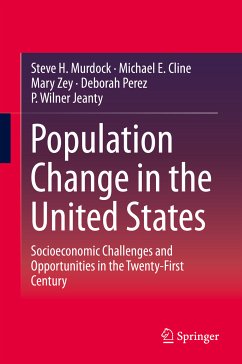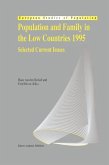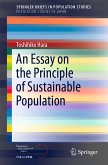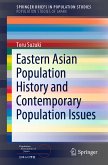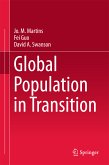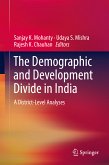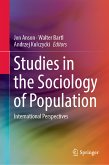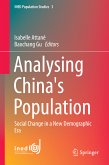This new volume maps the complex interplay of demographic and socioeconomic changes in the United States, where rapid aging and ethnic diversification are merely the most salient of the many issues with major long-term implications. Drawing on The United States Census Bureau's post-2010 detailed projections, as well as a wealth of data distilled from authoritative sources, the authors tackle many of the urgent policy questions raised by America's changing population. The book explores the ways economic markets are adapting to an older and more diverse customer base, how the projected demographic change will impact public service demand, the growing economic disparities between asset-rich baby boomers and youth struggling for economic security, and how the projected demographic patterns will change the fiscal, economic, education, health, and housing sectors and alter the social structures and processes impacting American households and the diverse array of America's future population.
A thorough survey of major demographic patterns in the USA up to 2050 is followed by an assessment of how these will affect socioeconomic, public service, fiscal, economic, and social structures and mechanisms, down to the size and composition of households. The analysis then considers possible variations of outcome predicated on alternative dynamic patterns between demographics and socioeconomics. Cutting through the politics and communal anxieties with hard, cutting-edge data, this study will be a primary source for all those who must use its contents to guide their decisions.
Dieser Download kann aus rechtlichen Gründen nur mit Rechnungsadresse in A, B, BG, CY, CZ, D, DK, EW, E, FIN, F, GR, HR, H, IRL, I, LT, L, LR, M, NL, PL, P, R, S, SLO, SK ausgeliefert werden.

